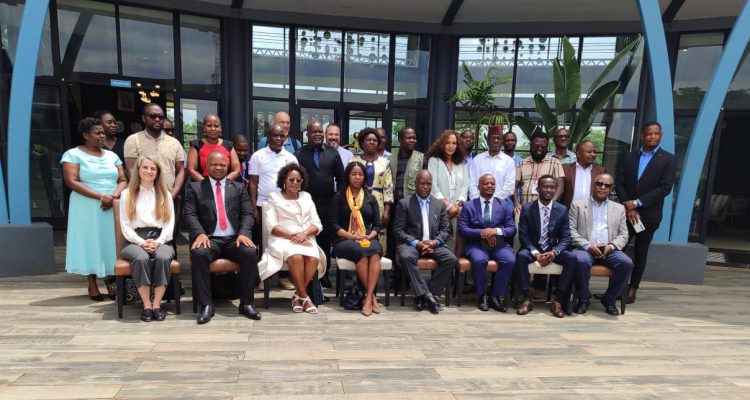
NGO Regulatory Authority (NGORA) says it is very worrisome that a lot of NGOs in Malawi are spending so much money on allowances, and the communities who are the beneficiaries are not benefiting.
NGORA CEO Edward Chileka Banda said this yesterday in Lilongwe during the launch of the localisation debate.
According to Banda, most of the resources are spent on allowances, fuel, and travel, leaving very little for the communities, and this is why the communities who are the beneficiaries of the funds are still poor.
“So what we have noticed is that most of the funds that NGOs are mobilising are spent on allowances, fuel allowances, DSAs, travel and 15 or 10 per cent it’s what gets to the people, and with that approach, as we are talking about localisation, we can not expect Malawi to develop, we must change.
“For example, people will go to Mulanje spending 10 million on allowances just to support the community with 500, 000 it doesn’t make sense, and this is why the resources are being captured. So what we are saying today as we launch the localisation debate is to ensure that this is a national agenda for Malawi to develop and that the allowance culture will not benefit Malawians. So we are calling for a drastic change so that the communities can benefit,” said Banda.
Banda added that most of the communities that are being targeted are not changing poverty is still rising despite so much money that is being invested to support the communities.
He further stated that the localisation must call for a review of the approaches and strategies that are being used to make sure that the resources, the billions of money that NGOs are mobilising from donors to support poor people, are used for intended purposes.
“As NGORA we are coming up with the solution, we are coming up with policy guidelines we have also come up with partnerships regulations that require international NGOs to work with local institutions including local communities, local NGOs and local government agencies and we are hoping that with that approach of having one plan, one report and one budget most of these resources will reach the people in the communities,” he explained.
In her remarks, Bernadetta Mkonyola, who represented the resident coordinator for the UN in Malawi, said localisation is very important because it empowers the communities, and the only way to drive development in the country is through empowering the local communities.
“So the localisation agenda, as we have heard today, goes beyond trickling money down; it’s about empowering communities, it’s about empowering villages, women, youth, elderly within the communities to be able to sit at the table with decision-makers. To be consulted on the development agendas that are being pushed with their communities and to make sure that they understand all the challenges that are being faced, particularly in Malawi,” she explained.
Localization has become a pivotal agenda in the humanitarian and development sectors, emphasizing the need to empower local and national actors to take the lead in interventions within their communities.
In line with this commitment, the Council for Non-Governmental Organisations, in partnership with INGO, NGORA and other local and international NGOs in Malawi, organised a Localisation Conference.
The conference served as a platform to share progress on the commitments made by INGOs and UN agencies, engage with key stakeholders, and foster stronger partnerships to further advance the localization agenda in Malawi and globally.














